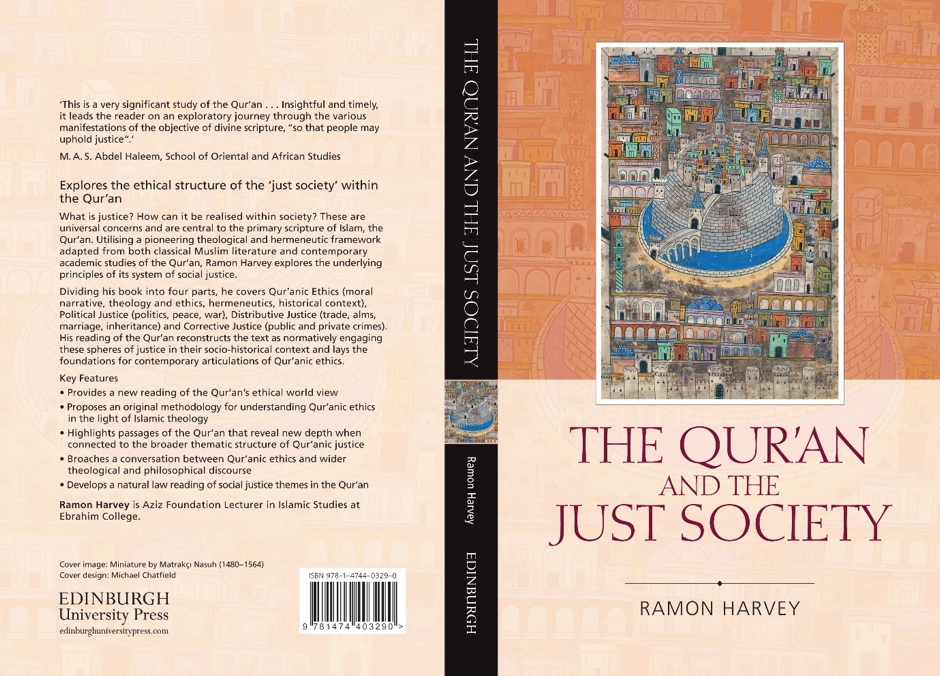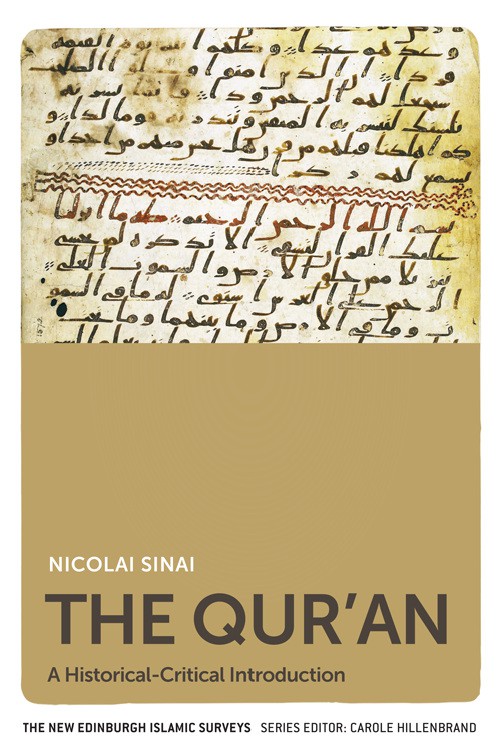New Periodical: Journal of Late Antique, Islamic and Byzantine Studies (JLAIBS)
Edinburgh University Press recently launched a new periodical, the Journal of Late Antique, Islamic and Byzantine Studies (JLAIBS). The JLAIBS as a hotspot for interdisciplinary dialogue aims to disseminate new approaches and methodologies that intend to transform our understanding of broader Late Antique and Medieval phenomena, such as knowledge transfer and cultural exchanges, by looking beyond single linguistic traditions or political boundaries. It provides a forum for high-quality articles on the interactions and cross-cultural exchange between different traditions and of the so-called Byzantine Empire and the Islamic world. Thematically, the journal also welcomes submissions dealing individually with Late Antique, Byzantine and Islamic literature, history, archaeology, and material culture from the fourth to the fifteenth century.
Articles should be written in English and can be up to 15,000 words in total length (i.e. including all footnotes, bibliography and any appendices). Submissions to Journal of Late Antique, Islamic and Byzantine Studies should be formatted in accordance with the full JLAIBS style guidelines and sent as Word and PDF files to jlaibs@ed.ac.uk.
Editors:
Dr Petros Bouras-Vallianatos (University of Edinburgh)
Dr Marie Legendre (University of Edinburgh)
Dr Yannis Stouraitis (University of Edinburgh)
Editorial board:
Prof. Peter Adamson (Ludwig-Maximilians-Universität München)
Prof. Gianfranco Agosti (Sapienza Università di Roma)
Assoc. Prof. Corisande Fenwick (University College London)
Prof. Robert Hoyland (New York University)
Prof. Marc Lauxtermann (University of Oxford)
Prof. Maria Mavroudi (University of California, Berkeley)
Prof. Annliese Nef (Université Paris 1 Panthéon)
Prof. Dr Johannes Pahlitzsch (Johannes Gutenberg-Universität Mainz)
Assoc. Prof. Arietta Papaconstantinou (University of Reading)
Assoc. Prof. Maria Parani (University of Cyprus)
Prof. Samuel Rubenson (Lund University)
Assoc. Prof. Kostis Smyrlis (National Hellenic Research Foundation/Athens)
Assoc. Prof. Jack Tannous (Princeton University)
Assoc. Prof. Alicia Walker (Bryn Mawr College, Pennsylvania)
© International Qur’anic Studies Association, 2021. All rights reserved.



